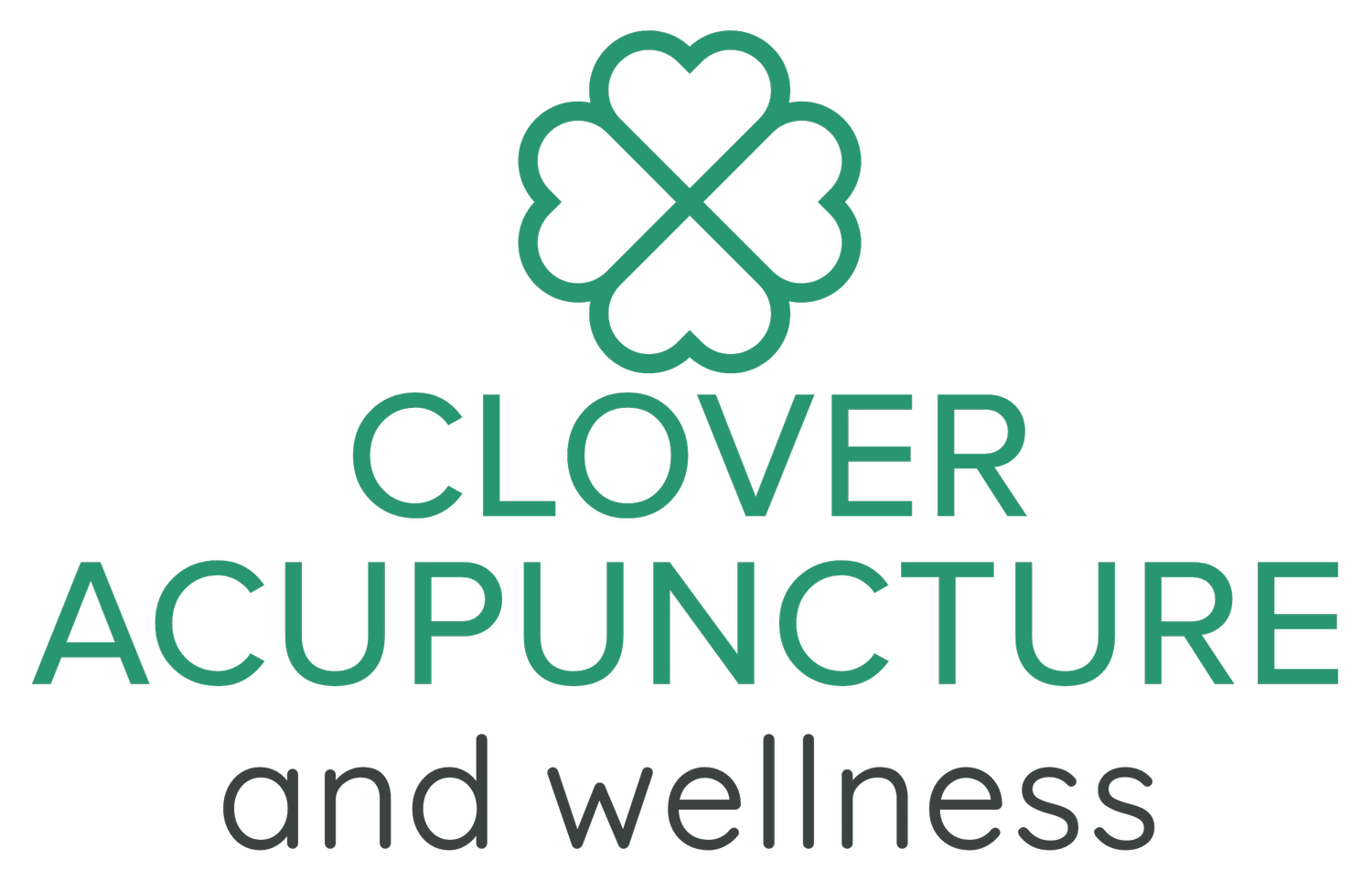Traditional Chinese Medicine's Take on Top Phlegm-Producing Foods
In Traditional Chinese Medicine (TCM), phlegm is considered a pathogenic factor that can significantly impact the body's physical wellness and mental health balance. Phlegm is viewed as more than just the mucus produced by the respiratory system. In TCM, it's a broader concept encompassing various conditions marked by the accumulation of fluids in the body. Excessive phlegm can obstruct the flow of Qi (vital energy) and disrupt the harmonious functioning of organs, leading to imbalances and health issues.
In the most basic of terms- it gunks up the pipes and makes many bodily systems sluggish.
Phlegm tends to manifest as symptoms such as chest congestion, coughing, sinus congestion, digestive disturbances, sensations of heaviness and fatigue, tendencies towards obesity, and mental fog or confusion. The root causes of phlegm accumulation involve imbalances in diet, emotions, and environmental factors. To address phlegm-related issues, TCM treatments often focus on dietary adjustments, herbal remedies, and acupuncture to rebalance the body's energy and dispel phlegm, aiming to restore overall health and vitality.
Here we will focus on diet and the particular foods which contribute to increased phlegm production:
Dairy Products: Products from cow’s milk such as milk, cheese, and butter tend to be phlegm-inducing due to their tendency towards mucus build-up. I often tell my clients to change out what seems easiest first, such as switching to oat milk for coffee use. Small changes will still make an impact, so if tacos are on the menu and toppings include cheese and sour cream..choose one! Or don’t eat dairy at home, but if there is a cheese board at a party, have some then.
Sugar and Sweets: Foods high in refined sugars are believed to generate dampness and contribute to phlegm accumulation. This includes candies, pastries, and sugary beverages, which, when consumed excessively, may disrupt the body's balance.
Cold and Raw Foods: According to TCM, foods that are excessively cold or raw, such as ice-cold beverages, raw salads, and frozen treats, can weaken the digestive system and potentially lead to phlegm accumulation. Warm, cooked foods are generally preferred for easier digestion and reduced phlegm production.
Fried, Fatty, and Processed Foods: Foods high in unhealthy fats and oils, especially when fried, are considered to create dampness in the body, potentially leading to phlegm build-up. Limiting intake of these can aid in maintaining a better balance.
Moderation and balance are key principles in all aspects of TCM. While these foods are considered to have the potential to generate phlegm, it's important to note that individual constitutions vary. Some people may be more sensitive to certain foods than others. Incorporating a variety of fresh, whole foods, moderating intake of the mentioned items, and considering individual tolerances can help in achieving harmony and balance within the body. Creating healthy habits you can stick with are always valued over strict, unsustainable dietary changes.
Always consult with a qualified TCM practitioner for personalized advice and recommendations tailored to your specific health needs and conditions.
#AcupunctureNutrition #TCMnutrition

